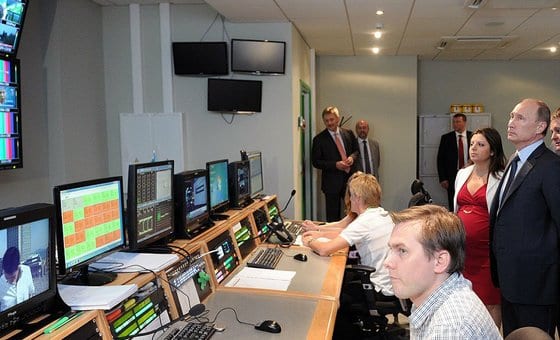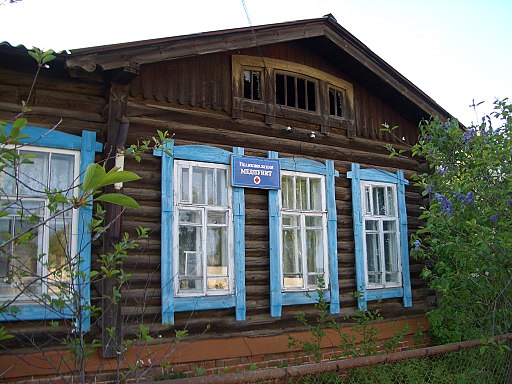Gender, nationalism and citizenship in anti-authoritarian protests in Belarus, Russia and Ukraine.
By tjmsubl, on 13 July 2015
Darya Malyutina, a recent UCL PhD, reports on a workshop that was held at the University of Cambridge, which was funded by CEELBAS and Cambridge Ukrainian Studies, and which involved the participation of several representatives of UCL SSEES. The event was organized by Olesya Khromeychuk, until recently a teaching fellow at SSEES and lector in Ukrainian at Cambridge, and soon to take up a position as Leverhulme Early Career Fellow at the University of East Anglia.

Participants in the workshop: (L-R) Richard Mole, Anna Shadrina, Nadzeya Husakouskaya, Tamara Martseniuk.
On 20 June 2015, a workshop that brought together scholars, human rights and gender equality activists, artists and journalists working on Belarus, Russia and Ukraine, took place at Robinson College at the University of Cambridge. The participants discussed the implications and intersections of gender, nationalism and citizenship in the recent and ongoing protest movements in the three countries. The interdisciplinary discussions also addressed a number of related issues, from body politics and corporeality to migration and diaspora, from media and propaganda to art and literature, from war to ethical and methodological quandaries of research and activism.
 Close
Close






